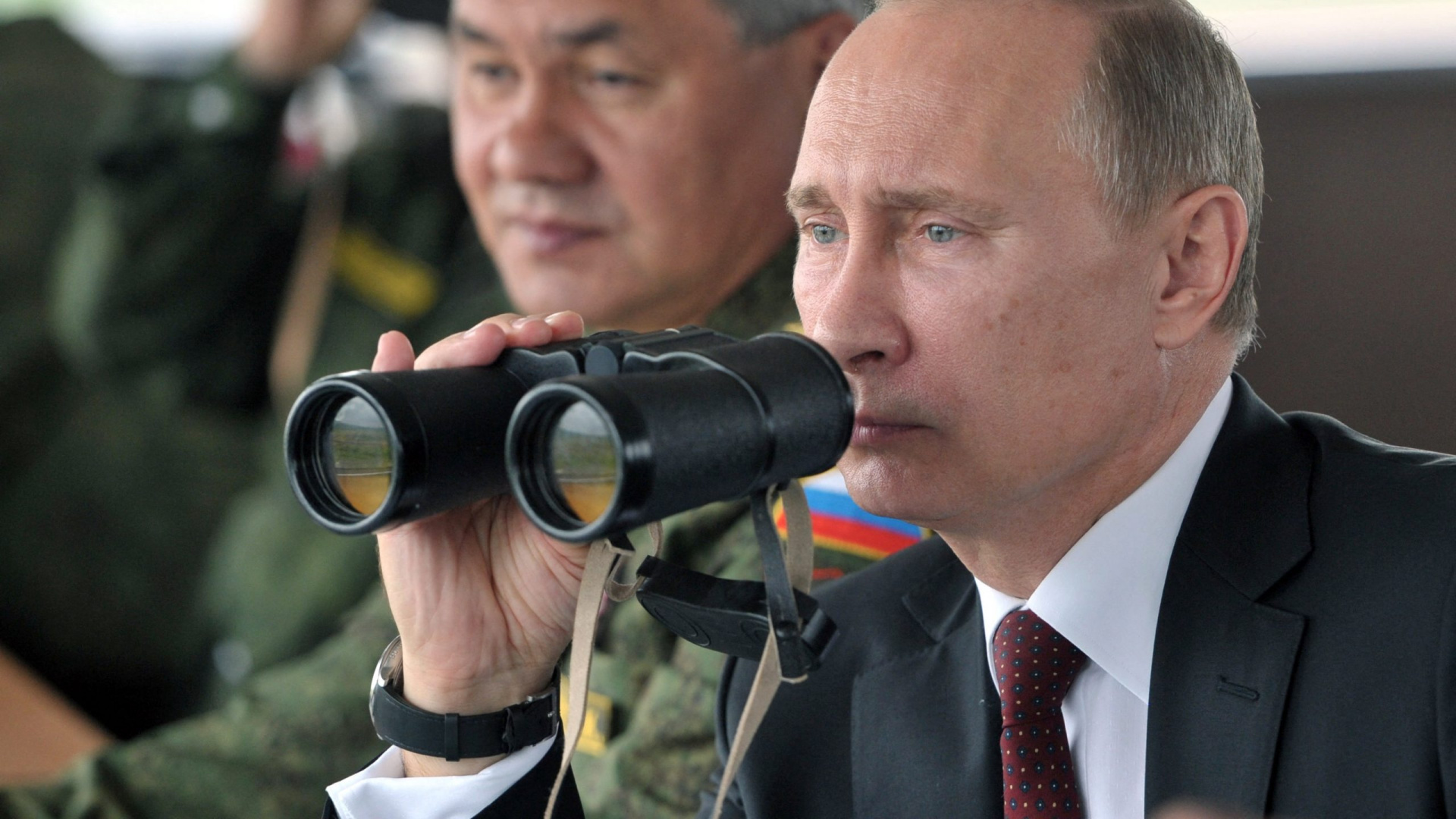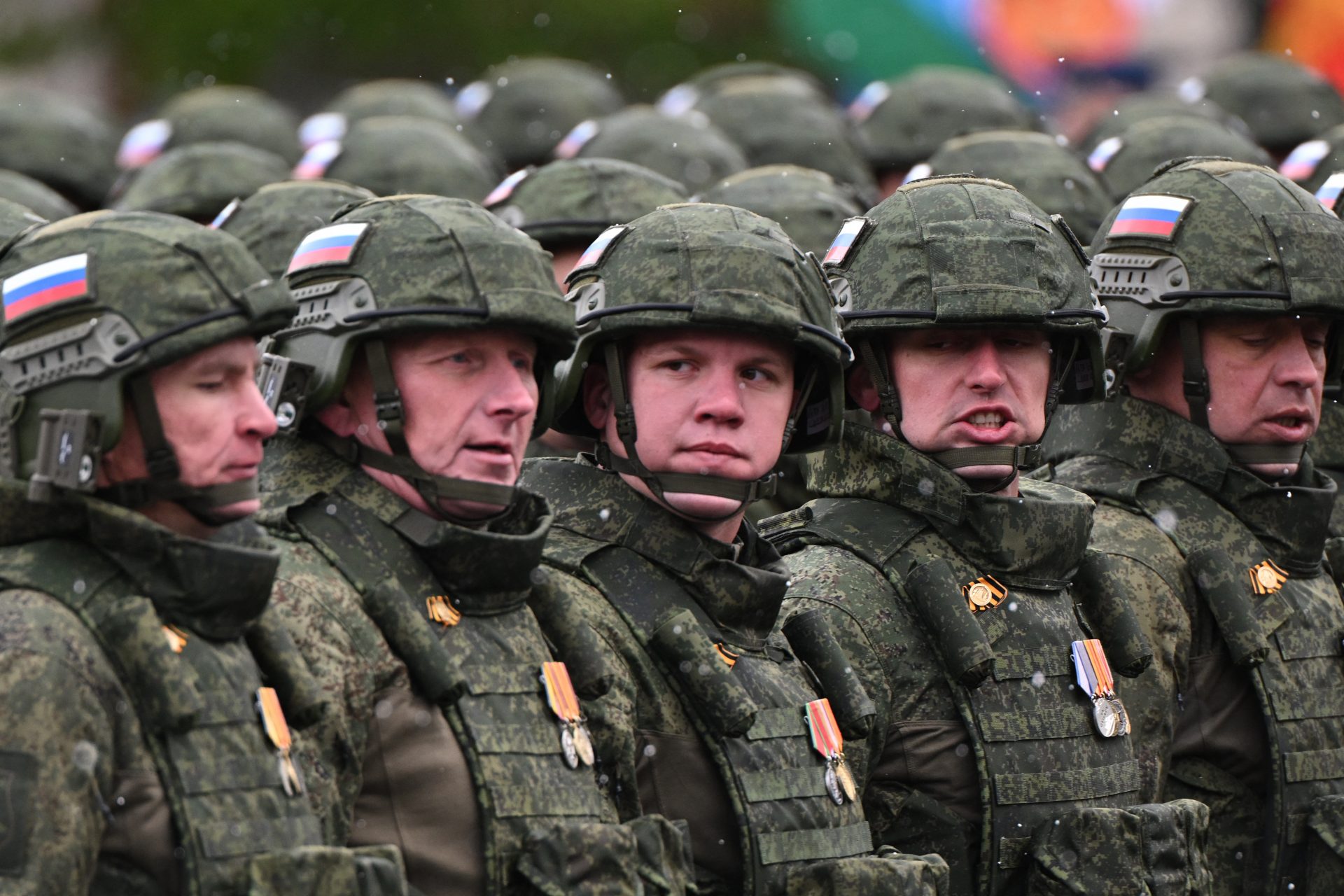These Republicans have asked Biden to halt assistance to Ukraine: are they right?
On April 20th, several top Republican lawmakers signed a letter to President Joe Biden urging him and his administration to halt their unrestrained military aid to Ukraine.
“We are deeply concerned that the trajectory of U.S. aid to the Ukrainian war effort threatens further escalation and lacks much-needed strategic clarity,” the letter read.
“Unrestrained U.S. aid for Ukraine must come to an end,” the lawmakers wrote in an attempt to get Biden and his administration to reverse their position on the conflict.
The lawmakers threatened that they were willing to oppose all future aid packages to Ukraine unless Biden could link the help to a “clear diplomatic strategy” that would end the war.
Signatories to the letter included controversial United States Senators Mike Lee, Rand Paul, and J.D. Vance, as well as sixteen Members of Congress, many of whom are fierce loyalists of former president Donald Trump and vocal critics of Ukraine.
Andy Biggs, Dan Bishop, Lauren Boebert, Josh Brecheen, Tim Burchett, Eli Crane, Matt Gaetz, Anna Paulina Luna, Barry Moore, Mary Miller, Ralph Norman, Andy Ogles, Mike Collins, Matt Rosendale, Paul Gosar, and Marjorie Taylor Greene all signed the letter.
One of the major problems the lawmakers pointed out in their letter was that the United States had been the primary financier of the conflict and the current aid being given signaled a prolonged war was likely.
According to the lawmakers, the decision to supply Ukraine with M1 Abrams tanks and the months of training it would take to prep Ukrainian crews was just one example many that indicated the Biden administration was readying America for a longer conflict.
Moreover, the lawmakers said that they were worried that the ever-increasing restrictive sanctions on Russia would only work to prolong the war and lead to more death and violence.
“Our national and economic security demand an alternative,” the lawmakers wrote before going on to explain the risks the U.S. faced if it continued its current strategy.
“With every new aid package and every new weapon provided to Ukraine, the risk of direct conflict with Russia climbs,” the lawmakers noted. “The extent of our aid makes it increasingly difficult to deny Russian accusations of U.S. complicity in a proxy war.”
The Republican lawmakers aren’t wrong in many of their assumptions. American aid to Ukraine does have the potential to escalate into a conflict with Russia and Vladimir Putin is framing the war as an existential fight against Washington’s world hegemony.
On April 5th, Putin said to the new U.S. Ambassador to Russia while accepting her credentials in a televised ceremony that U.S. foreign policy had “led to the current Ukrainian crisis” according to a translation of the comments from The Moscow Times.
Putin went on to explain that the world’s security and stability relied on the relationship between the United States and Russia, a relationship that was in his words, “going through a deep crisis.”
The Republican lawmakers who urged Biden to halt unrestricted aid to Ukraine weren’t in favor of reducing all aid to zero but rather argued that there was a more appropriate level of assistance the U.S. could be providing that aligned with its strategic goals.
According to the State Department, the United States has provided Ukraine with $35.4 billion dollars in security assistance since Russia began its invasion in February 2022.
The Republican letter asking Biden to halt his unrestricted aid to Ukraine comes just one day after the Department of Defense announced a new round of critical security assistance for Ukraine to total $325 million in ammunition and equipment.
More for you
Top Stories






























